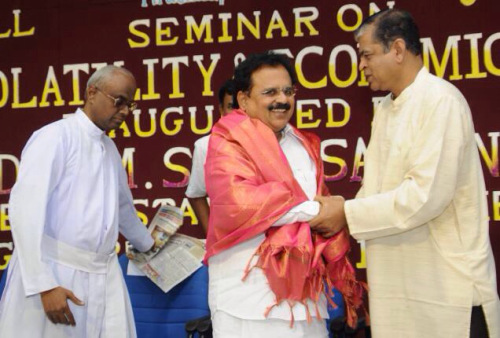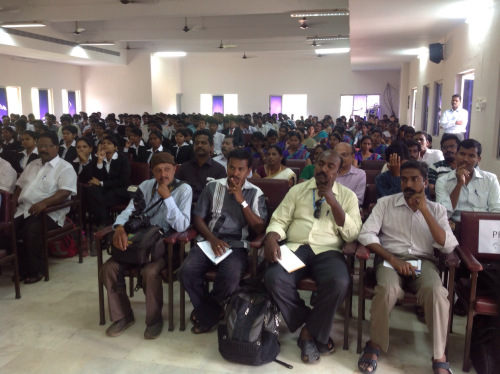Currency volatility and Economic stability
‘A currency has value, or worth, in relation to other currencies, and those values change constantly.
For example, if demand for a particular currency is high because investors want to invest in that country’s stock market or buy exports, the price of its currency will increase. Just the opposite will happen if that country suffers an economic slowdown, or investors lose confidence in its markets.
While some currencies fluctuate freely against each other, such as the Japanese yen and the US dollar, others are pegged, or linked. They may be pegged to the value of another currency, such as the US dollar or the euro, or to a basket, or weighted average, of currencies.
value
The worth of all rights arising from ownership of property.
Currency depreciation
A decline in the value of one currency relative to another currency. Depreciation occurs when, because of a change in exchange rates, a unit of one currency buys fewer units of another currency.
Floating Currency
A currency whose value is determined by the free market. That is, the value of a floating currency changes constantly depending on the supply and demand for that currency, as well as the amount of the currency held in foreign reserves. An advantage to a floating currency is that it tends to be more economically efficient. However, floating exchange rates tend to be more volatile depending on the particular currency. A floating currency may undergo currency appreciation or currency depreciation, depending on market fluctuations. Most major currencies are floating currencies .’ (1)
The economy of a country can be of ‘closed economy’ with the internal system reflecting the need of the external environment. Otherwise the internal economy is open to the external situation subjecting to the pulls and pressures of the external factors which we call as global economy.
After the advent of World Trade Organisation (1995) and India being member of GATT from 1947 and signatory of WTO we are exposing ourself as part of Global economy . Hence trade and commerce becomes an opportunity to deal with 185 countries who are members of WTO.
As dominant economy in the world USA continues to maintain it even after the WTO makes every country as equal in all respects even in voting by removing the unequal status in UN system where veto powers were given to Superpowers. There is no common currency in WTO hence the US dollars maintains the status of universally acceptable currency in all practicable purposes. When this aspect is to be considered the situational changes in domestic economy in USA will naturally reflects in the International Commerce and Trade . Hence it will have the response from domestic currency of every country having trade with USA. This will make every country to calibrate their currency according to external situation more specifically in friendly countries in Commerce and Trade and currency pegged countries.
India is a peculiar country where the economy has dichotomy as the known and unknown sources . Known economy is measurable and accountable. But unknown is not coming within the measurable parameters and system of accounting . Every time the effort to strengthen Indian economy the Government tries to bring more of un known economy gradually merge with known economy. The speed off this process is not appreciable . It can happen only by consent of the operators rather by law alone.
Hence the Indian economy is suffering because of the following practices:
1. Savings by investing in gold.
2. Savings by investing in real estate.
3. Savings in precious stones and other such movable properties.
4. Engaging in black economy in natural resources such as sand mines and other mines and minerals.
5. The island of activities such as cinema , political parties and electioneering.
6. Investing in Dollars and storing in unknown places
7. Storing Indian currency in unaccounted form.
The known resources in the accounting System is subjected to more regulations and surprise supervision making the people to opt out of known economy.
Allowing the economic activities to play the jungle raj is another reason for economic break down created by suppressing the powerful on weak industrial players, growers of raw materials , manufacturers., and marketing forces.
These two major category of weakness of Indian system is to be addressed by homogeneous governance by Union and State governments . Then the currency fluctuation will be calibrated as it happens in strong economy
(1.note Dictionary of Financial Terms. Copyright © 2008 Lightbulb Press, Inc. All Rights Reserved.)
Speech in Management studies of St Joseph’s Collage , Trichirappalli
Dr E M Sudarsana Natchiappan
Minister of State
Commerce and Industries


